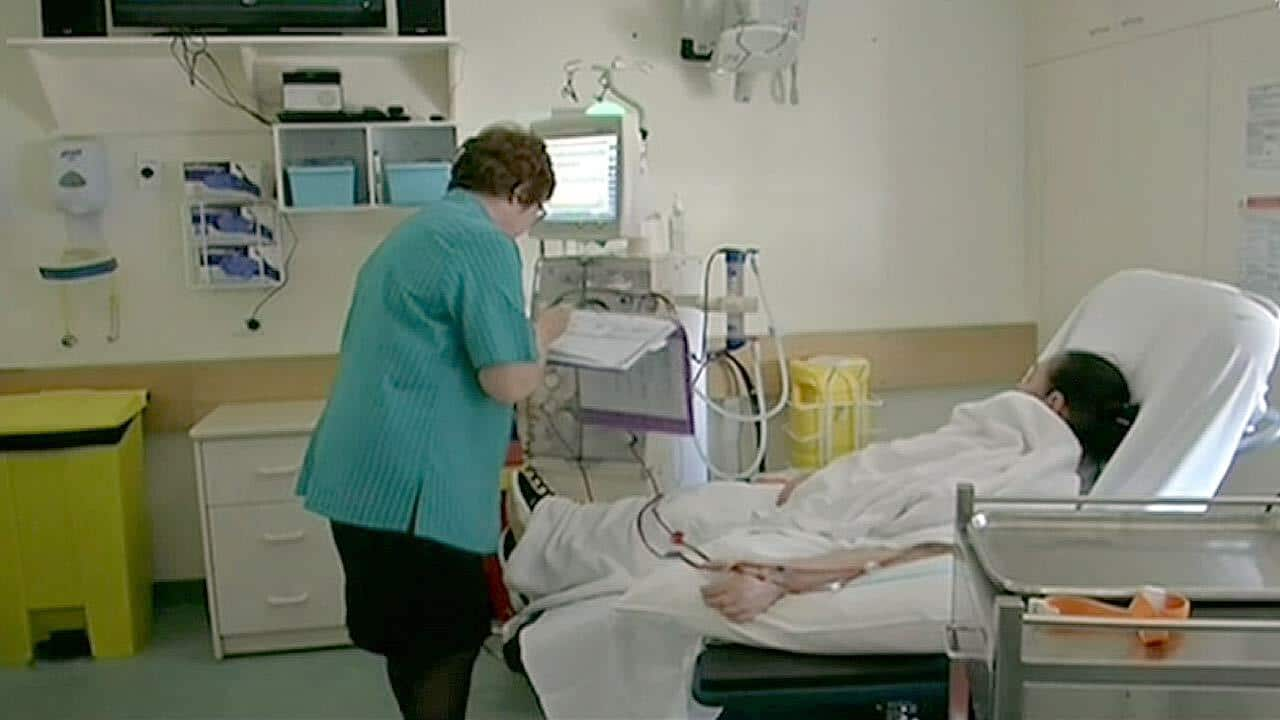Doctors are calling for all meningococcal vaccinations to be covered by Medicare following the death of an NSW teenager due to the deadly infection.
Nineteen-year-old Mischelle Rhodes became the second person to die from the disease on the NSW Central Coast in a month. Her mother says Ms Rhodes was sent home with painkillers, saying she was ok before she had to be readmitted the next day as her condition worsened.
Authorities have confirmed she died of meningococcal on Wednesday but the strain has not been confirmed. While vaccinations for the ACY and W(135) strains of the bacteria are funded by the National Immunisation Program, the vaccination for strain B is not funded under the NIP though it’s recommended and commercially available.
While vaccinations for the ACY and W(135) strains of the bacteria are funded by the National Immunisation Program, the vaccination for strain B is not funded under the NIP though it’s recommended and commercially available.

Mischelle Rhodes died from Meningococcal at Gosford Hospital last week but the strain has not been confirmed. Source: Facebook
After Ms Rhodes’ death, some doctors are asking for all the available vaccinations for the disease to be covered under the NIP.
“Every strain of meningococcal can be fatal and I always very strongly recommend vaccination for strain B. I think it should be covered [under NIP],” says Dr Raj Khillan, a paediatrician in Melbourne. He says people tend to ignore vaccinations that are not covered under the program.
He says people tend to ignore vaccinations that are not covered under the program.

A health care professional prepares to administer a vaccine that combats four strains of meningococcal. Source: AAP
“Until that happens [vaccine for B strain is covered], families shouldn’t ignore it and get the vaccination, it’s a small price to pay,” Dr Khilan tells SBS Punjabi.
A 38-year-old woman died of the W strain of meningococcal on the Central Coast in early August. The authorities say there is "no known link" the two deaths.
Strains on the rise
According to the National Centre for Immunisation, the W and the B strains caused the most cases of meningococcal infections in Australia in 2017, however, it says the incidences of W strain infections have been on the rise since 2013.
Central Coast Local Health District spokesperson Dr Peter Lewis said after Ms Rhodes’ death that meningococcal was very “uncommon in NSW.
The W strain claimed the life of a Tasmanian teenager in July where the authorities say the disease has caused an average of six deaths every year during the past ten years.
While some states have more incidences of the disease than others, Dr Khillan says no state is “completely immune” and he advises acting quickly to identify the symptoms.
“This infection spreads very quickly and can lead to death in a matter of a few hours, as in this case [Ms Rhodes].
He says the symptoms include sudden high fever with a severe headache, rashes and red or purple spots on the skin, neck pain, sudden joint pain and intolerance to bright light.
“It’s extremely important not to ignore these symptoms.”
He says children up to the age of four and adolescents are relatively more prone but some young adults and the elderly can also fall prey to the disease.
Relatively rare but serious
Meningococcal disease is described as a “relatively rare but serious” infection. Most cases of meningococcal disease are caused by serogroups A, B, C, W and Y.
The mortality rate for meningococcal disease is around 5–10%. In many children and adolescents who survive the disease, develop permanent complications such as limb deformity, skin scarring, deafness and neurological deficits.
The National Centre for Immunisation recommends the B vaccine for children under the age of two, all adolescents, smokers aged 20-24, Aboriginal and/or Torres Strait Islander people between the ages of 2 and 19 and people with reduced immunity.


